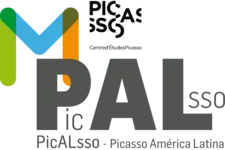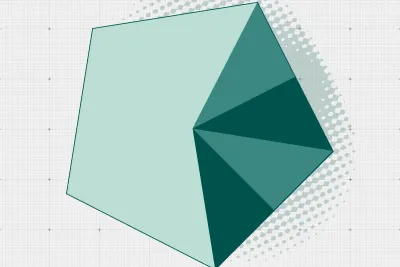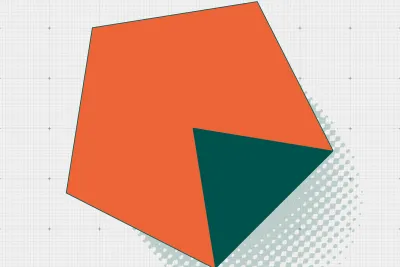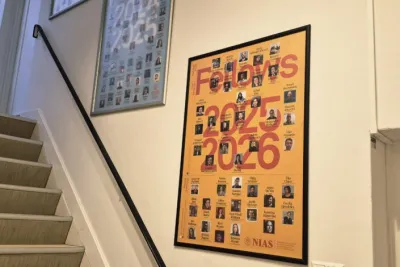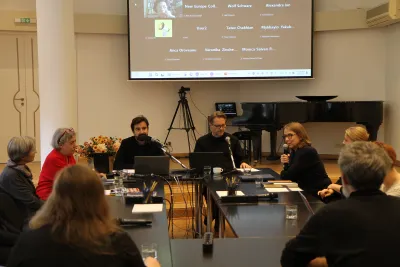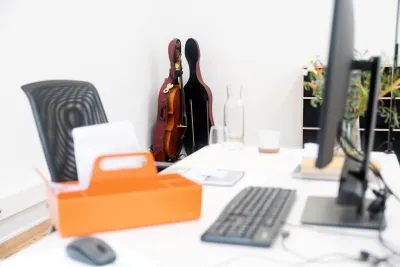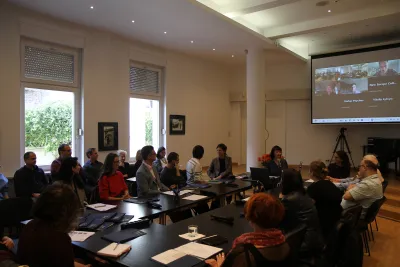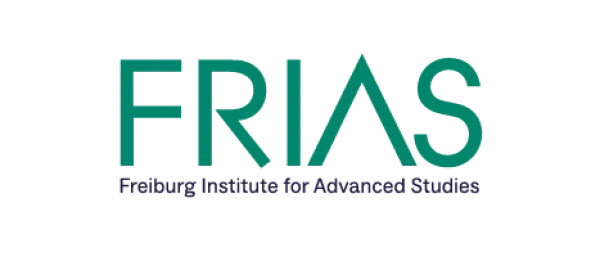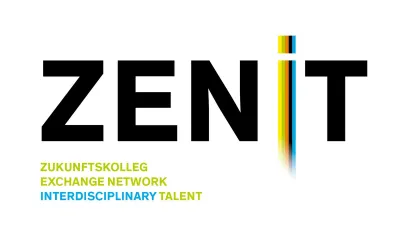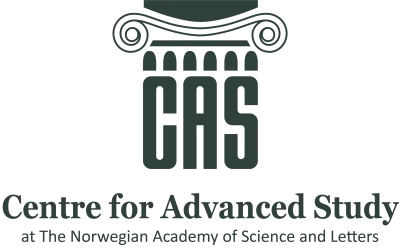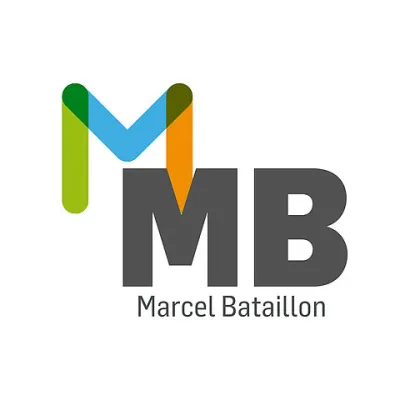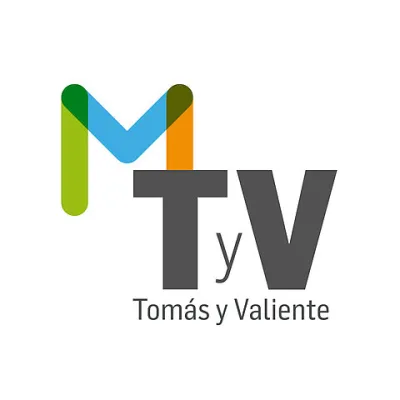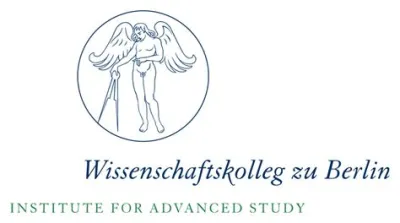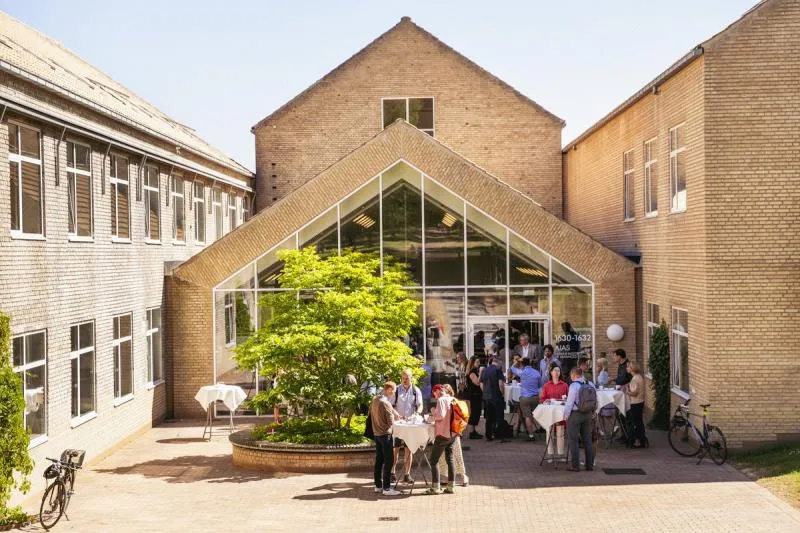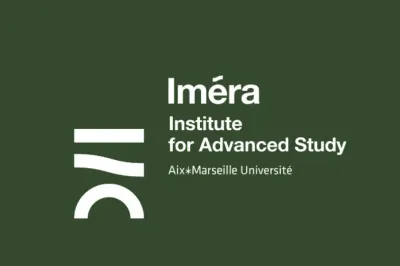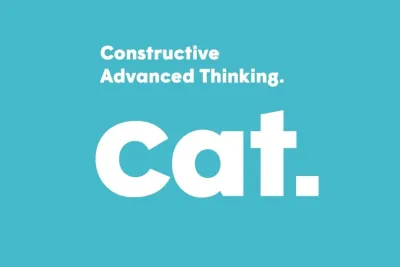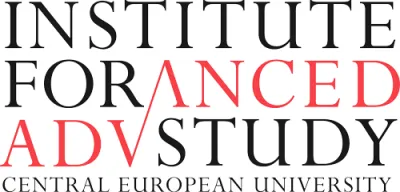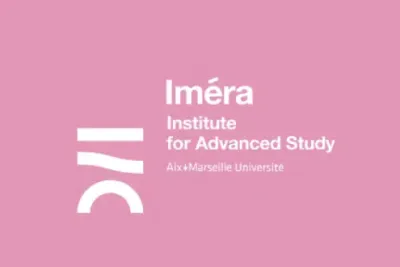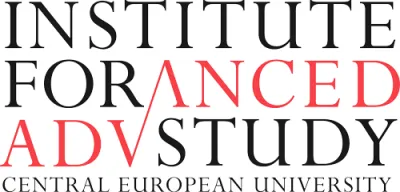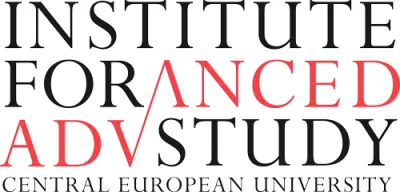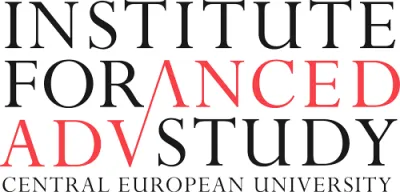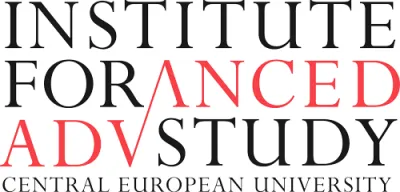NEC Fellowships (since 1994)
This is NEC’s core Fellowship Programme addressing scholars who work on projects in all areas of the humanities and social sciences. The programme originally targeted only Romanian scholars, and it was in place as such for a number of years, along with other fellowship programmes which enabled NEC to include scholars from neighbouring countries. Following several Board decisions, NEC subsequently went beyond that local and regional framework, and addressed the world at large, without diminishing its support for young Romanian scholars. Thus, starting from 2008 NEC’s core programme has been split into two distinct, though closely interrelated, ones: NEC International Fellowships, supported financially by NEC’s institutional sponsors and open to young scholars irrespective of their country of origin, and the Ştefan Odobleja Fellowships, targeting specifically Romanian researchers, with financial support from UEFISCDI (The Romanian Executive Unit for Financing Higher Education, Research, Development and Innovation).
NEC Award Fellowships (since 2016)
These fellowships are meant to complement and enlarge NEC’s core fellowship programme. They are supported by UEFISCDI and are correlative to NEC hosting ERC Grants conducive to the UEFISCDI Prize for Excellence in Research.
Ameropa Fellowships (since 2020)
Organised with financial support from Ameropa and its subsidiaries in Romania, and with academic support from the Centre for Governance and Culture at the University of St. Gallen, this programme aims to investigate the conditions and prerequisites for democratic stability and economic prosperity in Romania and the neighbouring region. The Ameropa Fellowship Programme is open to early-career Romanian researchers in political science, economics, anthropology or sociology. Their projects should focus on aspects related to the challenges posed to democratic consolidation, economic development and the strengthening of civil society in Romania and the region.
Sustaining Ukrainian Scholarship Fellowships (since 2023)
The Sustaining Ukrainian Scholarship (SUS) Fellowship Programme, proposed jointly by NEC Bucharest and the Centre for Advanced Study (CAS) Sofia, aims to support scholars from the regions affected by Russia’s war against Ukraine. The programme targets qualified postdoctoral-level researchers in the humanities and social sciences, including law and economics, who intend to pursue a project of their own choice. The selected applicants will have the opportunity to spend an extended period (one or two semesters) as resident fellows in either Bucharest or Sofia, where they will enjoy all the benefits associated with a fellowship. By agreement, financial support can also be granted to researchers who are not in residence for the full period and who want or need to continue their work in their country of residence. Seed funding to support the fellows’ scholarly activities is also available, e.g. for the organisation of small events, for projects in collaboration with partners in the host country or at home, or for the provision, development or reconstruction of research infrastructure, especially in the digital arena. Overall, NEC and CAS hope to contribute through this programme to the sustainability and reinvigoration of scholarly life and work in Ukraine and beyond. Through this fellowship programme, NEC contributes to the initiative promoted by the Wissenschaftskolleg zu Berlin and supported by the VolkswagenStiftung, aiming to set up an Institute for Advanced Study (VUIAS), for the time being virtual, in Kyiv.
Mattei Dogan Fellowships (since 2023)
These Fellowships, organised with academic and financial support from Fondation «Mattei Dogan» (Paris), target early-career scholars who received their PhD degree no earlier than five years ago and are natives of Central and Eastern Europe (CEE) or in Black Sea countries (Estonia, Lithuania, Latvia, Poland, Czech Republic, Slovakia, Hungary, Slovenia, Romania, Bulgaria, Croatia, Bosnia and Herzegovina, Serbia, Northern Macedonia, Montenegro, Albania, Belarus, Ukraine, Republic of Moldova, Turkey, Georgia, Russia, Armenia, Azerbaijan). The scholars should be attached to an academic institution in those countries at the time of the application, and they should propose original approaches to comparative social science research. The programme is open to all academic disciplines in the social sciences. The selected postdoctoral researchers will have the opportunity to work on projects of their choice for one or two semesters, as resident Fellows in Bucharest.
Gerda Henkel Fellowships (since 2017)
Developed with support from the “Gerda Henkel” Stiftung (Germany), this programme is open to postdoctoral researchers and academics from ex-Soviet countries (Belarus, Kazakhstan, Kyrgyzstan, Moldova, Mongolia, Russia, Tajikistan, Turkmenistan, Ukraine and Uzbekistan), as well as from Afghanistan and China (only Tibet and the Xinjiang Autonomous Region), who work in the humanities and social sciences (in particular history, art history, history of law, history of science, historical Islamic studies, archaeology, prehistory and early history). The fellowships include one- or two-term residencies at NEC, allowing fellows to work on projects of their choice.
Trust Fellowships (since 2025)
The Trust Fellowship Programme, developed with financial support from the Porticus Foundation, aims to examine the factors that contribute to the erosion of trust in science in the digital age. Open to both Romanian and international scholars in the humanities and social sciences, the programme invites research into the cultural, historical, ethical and symbolic dimensions of digital misinformation. Selected fellows will investigate, within their respective fields, the ways in which science is distorted, manipulated or instrumentalised in digital environments. They will analyse the mechanisms of misinformation, identify the key actors that endorse it, and situate these practices within broader ideological, political and economic agendas. The criteria for selection and participation in this Programme are aligned with those of the other NEC fellowship programmes.
